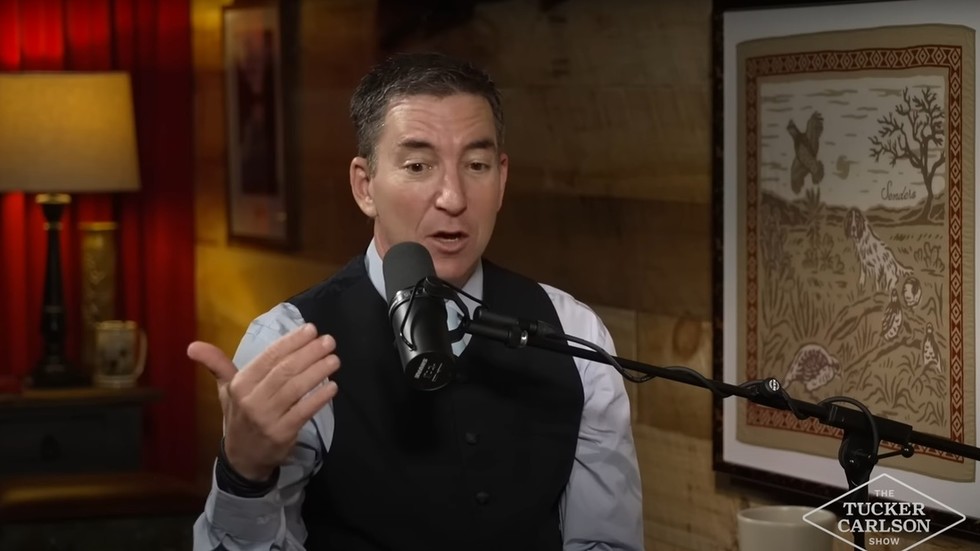In Betty’s Bay, South Africa, one of the world’s wildlife celebrities, an African penguin, was busy shaking herself free from the sea. On land, cute and ungainly in equal measure, this princess of the ocean had a glint in her eye. It was late April during peak breeding season. She hurried toward rocks and scrub bed beyond the tideline. Here, she would disappear momentarily beneath a meandering boardwalk built for admiring tourists before emerging on the other side. Lining the margin of the sandy beach were rows of white nesting shelters and, in one of them, her mate.
Nearby, a conservationist was proudly pointing out a new walkway designed by scientists with penguins in mind. These flightless birds were now using it as their preferred route under the boardwalk and out to sea. Cunningly, it would lead them over a state-of-the-art weighbridge telling scientists how successful these dapper little birds had been at fishing. African penguins spend a lot of time at sea catching fish. When times are good, they can gain a third of their body weight in a day. When fishing is bad, they lose weight and may abandon attempts to breed.
Read More: How to Help The Fishing Industry? Stop Fishing So Much
So, how were they doing? Well, not good. The penguins’ staple prey of sardines and anchovies are being pulled out of the ocean in great quantities for animal feed. Much of the fish are to be ground down into fishmeal for the feed troughs of industrially reared pigs, poultry, and fish. Declining fish stocks mean that penguins are finding it harder to find enough food for their chicks, putting further pressure on a species in drastic decline.
Latest projections show this iconic species could be extinct in the wild by 2035. Having once numbered in their millions, African penguins have since declined by 97% in little more than a century. The impact of their decline will be felt close to home, not least for the local economy. Renowned for pulling a crowd, the tourist revenue at a similar penguin colony at Boulders Beach, Cape Town has been estimated at over 300 million rand ($16 million) a year.
This unfolding ecological disaster also points to much broader concern for the environment, with penguins being seen as a key indicator of the wider ecological health of our ocean. Their plight could well be the canary in the coal mine for what needs to happen if we are to preserve life on both land and sea.
The ocean is our planet’s life support and is what regulates the global climate system. It is the world’s largest ecosystem, home to nearly a million known species and containing vast untapped potential for scientific discovery.
Despite our utter reliance on it, we have only ever explored about 10% of it. While we know little of the ocean compared to its immense vastness, what we do know is that the consequences of our actions are evident throughout its waters.
As the plight of the penguins shows, a classic interdependence between land and sea is the way we produce food. Recent decades have seen the uptick of industrial agriculture often associated with heavy use of artificial fertilizers, chemical pesticides, and poor animal welfare. Farmed animals have essentially been taken from pastures and reared in confinement, causing big impacts on both the welfare of farmed animals and the environment.
 African Penguin on Boulders Beach, Simon's Town, Cape Town, South Africa in 2022.Sergi Reboredo—VW Pics/Universal Images Group/Getty Images
African Penguin on Boulders Beach, Simon's Town, Cape Town, South Africa in 2022.Sergi Reboredo—VW Pics/Universal Images Group/Getty ImagesFertilizers are a big source of pollution in the ocean, leading to over 500 dead zones, areas of sea where nothing lives. Large amounts of commercial fertiliser containing the “Big 3” primary nutrients: Nitrogen (N), Phosphorus (P) and Potassium (K), and manure are applied to soils. Excess nutrients then wash into rivers and streams and end up in the sea, killing fish and other aquatic life needed by the wider ecosystem, including seabirds like penguins.
Scientists now fear that the amount of nitrogen pollution emitted just by global animal farming is more than the planet can cope with. Aimable Uwizeye of the UN’s Food and Agriculture Organization found that animal farming accounts for about a third of all humanity’s nitrogen emissions. Of this, 68% of emissions are attributable to crops grown to feed animals, followed by nitrogen released by the build-up and management of manure.
This further exacerbates the triple planetary crisis of climate change, nature and biodiversity loss, and the proliferation of pollution and waste. This crisis is placing the world’s ecosystems under assault. Billions of hectares of land are degraded, affecting almost half of the world’s population and threatening half of global GDP. Rural communities, smallholder farmers and the extremely poor are hit hardest.
The way we produce and consume food is driving over 80 % of biodiversity loss. Pollution from land-based sources and overfishing for animal feed is impacting species in Africa and other parts of the world much as it is impacting the penguins of Betty’s Bay. Penguins are sadly one of the most threatened groups of seabirds, with half of the 18 penguin species listed as either Vulnerable or Endangered.
But land restoration can reverse the creeping tide of degradation, drought and desertification. Restoration boosts livelihoods, lowers poverty and builds resilience to extreme weather. Restoration increases carbon storage and slows climate change. Restoring just 15% of land and halting further conversion could avoid up to 60% of expected species extinctions.
We cannot turn back time, but we can grow forests, green our cities, fish sustainably, harvest rainwater, and eat nature-friendly, higher welfare foods. Governments and the finance sector can promote regenerative, nature-friendly farming to increase food production while preserving ecosystems. Agricultural, forestry and fishing subsidies can be redirected towards sustainable practices and small-scale farmers. Farming can be encouraged to use sustainable farming practices that don’t rely on heavy chemical inputs and animal feed. Farmed animals can be returned to the land as part of balanced, rotational, mixed agricultural practices that adhere to nature-friendly, animal welfare and agro-ecological principles. Consumers, in turn, can help by choosing foods that help build a better, more sustainable future.
It’s only in this way that we can be the generation that finally makes peace with land and sea. And in this way, ensure a better future for the likes of Betty’s Bay’s penguins, people, and all other life on Earth.

 5 months ago
20
5 months ago
20






